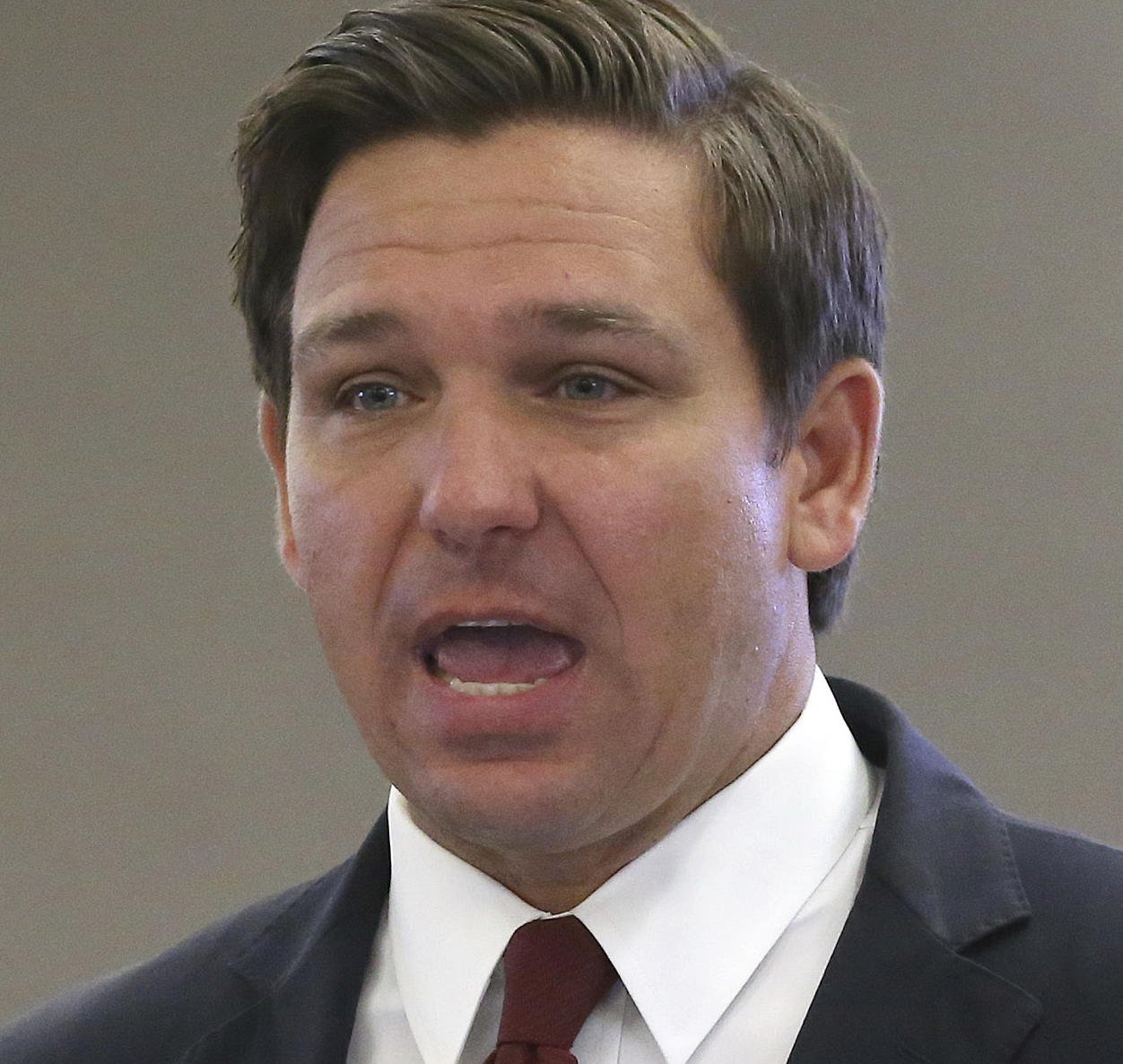Expand the types of health care plans available to Floridians
Ron DeSantis
Modernize "Florida’s insurance laws so patients have access to non-traditional products, like expanded, direct physician care agreements or tailored plans, like short-term coverage or limited-benefit plans."
DeSant-O-Meter

Promise Kept